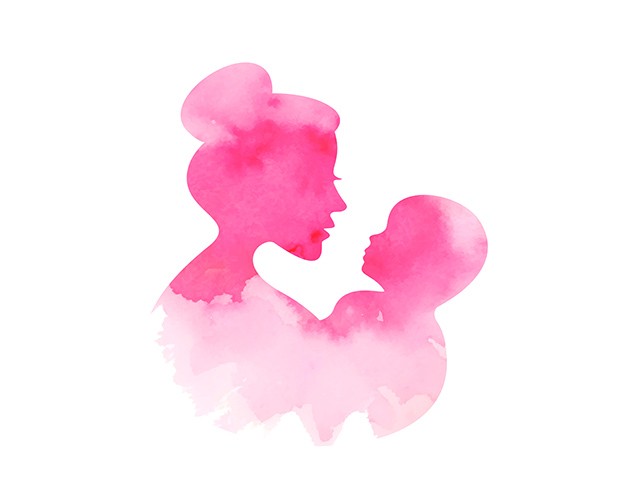Mother’s Day, as it is now celebrated, was first observed in 1907. Anna Jarvis conducted a service of worship at a methodist church in West Virginia, America. She was influenced to do this by her own mother who had often asked for such a day to be set aside. Jarvis believed that a mother is “the person who has done more for you than anyone in the world.”
Whether people agreed with her sentiments, the holiday soon became very popular. Today the holiday is celebrated in over 40 countries worldwide.
Strangely, Jarvis later tried to undo her own work because she disapproved of the commercialization of the holiday.
In South Korea there is no mother’s or Father’s Day. Instead, Parent’s Day is celebrated on May 8th. It was first introduced in 1973, and its purpose was not to separate the celebration of mothers and fathers.
Other than the Christian influence of the holiday, in ancient times there were followers of Greek and Roman goddesses of motherhood. Cybele was a Greek goddess portrayed as a plump woman sitting next to a lion and Rhea was a titan from Greek mythology. Both had sizable followings in ancient times.
Between the deification of virgin Mary by the Catholic church, and the long list of mothers that are honoured by mention in the Bible, it is no wonder that Christianity had such a massive influence on the modern version of Mother’s Day.
The depictions of mothers in the Bible are rarely sinless or pure. They are still understandable figures. Rebekah, for example, shows her love for her son in a way that is rarely praised. The wife of Isaac convinces her son to deceive his father and steal the blessing of the first born for himself (Gen 27:1-29).
Another mother, more famous as the mother-in-law of Ruth, Naomi. After losing her husband and sons, she goes back to her home land full of grief and Ruth who would not leave her side. Despite having no relation to the Moabite, Naomi ensured that Ruth’s future and heritage would be secure and well taken care of with Boaz. (Ruth 3:1-4)
Another depiction of motherhood comes from the prophet Isaiah, “As a mother comfort her child, so will I comfort you; and you will be comforted over Jerusalem.” (Isa 66:13). We see here that the love of a mother for her child is used as a reflection of the care the God has for Jerusalem.
Similar references include Luke 13:34 and Isa 42:14.
Even in the Ten Commandments, God mentions the respect owed to your parents. Here both the father and mother are mentioned specifically (Lev 19:3).
We can clearly see that the love of a mother to her child is a gift from God that he recognises.
The position in the family is well appreciated by the Lord, so much so, that he acknowledges the love that a mother has for her children when he speaks of His own love foe His people.
I am certain most people have much to be grateful for from their caretakers. Even more so, those fortunate enough to have a mother. No matter how commercialised the day has become, the intentions are sur to make someone smile. If possible, we could take the time today to express that gratitude today.
Source:
https://www.90daykorean.com/parents-day/


